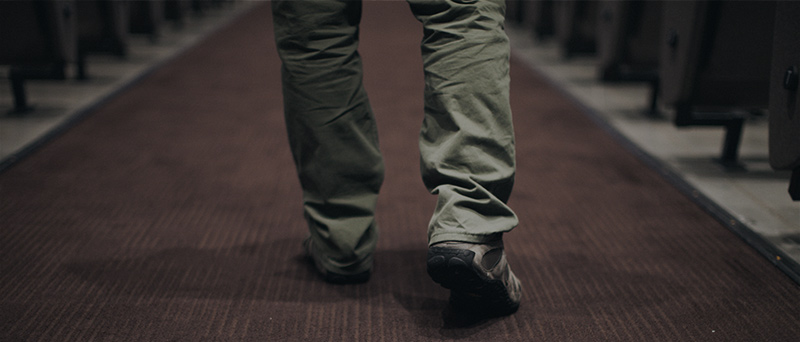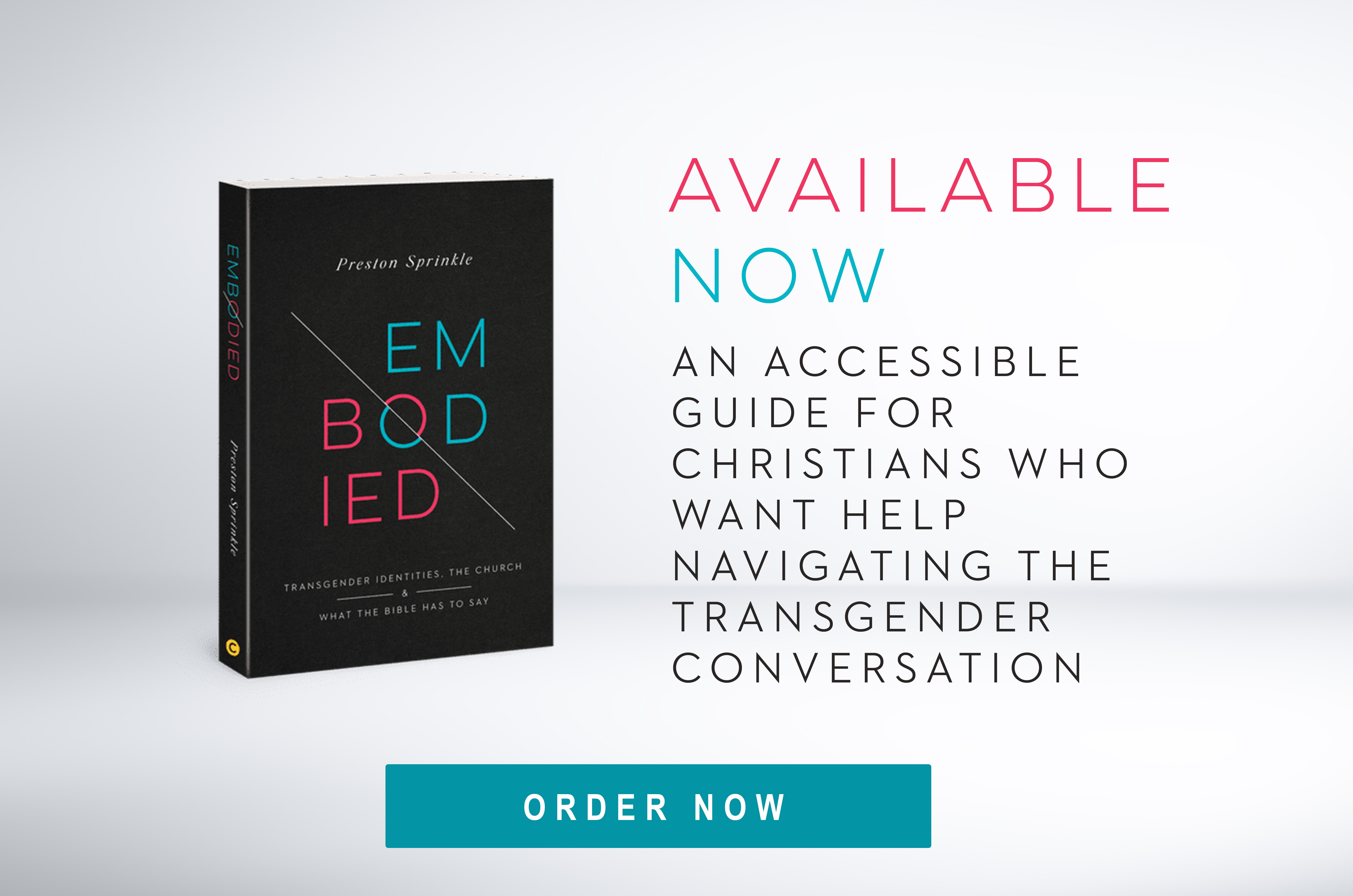
By Gregory Coles. This blog post is adapted from an excerpt of Greg’s new book No Longer Strangers. Used with permission.
How am I supposed to go church-hunting as an openly gay person living by a historic biblical sexual ethic?
This isn’t one of those clever opening questions I plan to answer later in the blog. I don’t think I have an answer. Or maybe I have too many answers, all of them simultaneously logical and illogical and hopeful and terrifying.
I’ve never needed to ask this question in quite the same way I’m asking it now. When I moved to State College and chose a local church community to belong in, I was cozily wedged in the closet and had no intention of ever coming out. By the time most of my current congregation learned I was gay, they’d already known me as a worship leader for three-and-a-half years. My coming out was certainly complicated—but by then, it was too late to ask whether I should have chosen a different church. The congregation and I were already entangled with each other, for better or worse. (For better, as it turned out, in almost every case.)
Buy Now!
Embodied: The Latest from Preston Sprinkle
But the next time I go church-hunting—assuming God does indeed call me away from State College eventually—I’ll have to imagine entering a church as someone who will be gay from the very beginning. Not that I plan to announce my gayness with a trumpet fanfare the moment I march in the door. Still, deep and honest disclosure about my life can only go so far before I’ll have to mention being gay.
If the people of my new church are going to become like family to me, they’ll have to know me. I don’t want to waste time in a church community where I can’t really belong, and I have no intention of trying to earn my belonging by wedging myself back into a closet I’ve long since outgrown.
Church websites can sometimes be helpful here, if they post public statements about human sexuality. But alas, many of these statements are unhelpful or even hostile, clarifying nothing except which churches I definitely don’t want to join. Even the best public statements usually leave me with unanswered questions about how a church’s theoretical beliefs play out in real time with actual gay people.
So then, how to vet my prospective churches? Let’s consider the options:
Option #1: The Scattershot. Look up email addresses for pastors at all the local churches I might consider attending. Send emails to all of them (copy-and-pasting, of course; who’s got time for personalized prose in the 21st century?) explaining my situation. See whose response I like best. Go to that church.
Option #2: The Face-Off. Visit the church that seems most promising. Ask for a face-to-face meeting with the relevant pastor(s). Come out to them during that meeting. If they react badly, visit a new church next week. Repeat as necessary.
Option #3: The Sneak Attack. Don’t schedule any intentional conversation or communication about my sexuality, but look for “natural” opportunities to bring it up. (“Children’s ministry, you say? I doubt I’ll be adding to the population in that wing, given how very celibate I am…”)
Option #4: The Billboard. Wear an article of clothing so unspeakable fabulous that people ask, “What are you, gay?” Say yes. Take it from there.
Option #5: The Dealer’s Choice. Make no effort to initiate conversation about sexuality. If other people bring it up, have the conversation. Until they bring it up, keep my mouth shut.
I feel instinctively unsettled by the more proactive, more confrontational of these approaches. Why should sexuality be my first conversation with my future pastors or my future fellow congregants, when my day-to-day existence and my spiritual life are predominantly shaped by other, more significant matters? (After all, as I’ve written previously, being gay and celibate takes very little time, because not-having-sex takes very little time...)
But the thought of going into a church unannounced nauseates me even more. The thought of blending in for the first month or two, investing time and hope into a few burgeoning relationships, patiently waiting until the topic of sexuality arises organically. Will I discover when that shoe finally drops that I’m too progressive to belong with them? Too conservative? Too outspoken? Too gay?
Will they try to tell me—with their eyes, if not with their words—that someone like me can only ever be a second-class citizen in the kingdom of heaven?
This is the church-hunting paradox that gay followers of Jesus face. If the first thing we say upon entering a new church community is, “I’m gay,” some people will accuse us of being too obsessed with our sexuality. But longer we wait to say it, the more power we give prospective churches to wound us with their rejection.
So many of my LGBTQ friends have experienced this deep wounding at the hands of their local church communities. They’ve been treated with heightened scrutiny and suspicion because of their sexuality, urged to stop talking about their experiences and return to the closet, denied or removed from visible service within the church, told that being gay makes them more sinful and more fallen than the holy heterosexuals.
I’ve only ever given one church the opportunity to wound me this way, and they haven’t. On the contrary, they have loved me even more (if such a thing were possible) than they loved me before I came out. They’ve declared the gospel to me by their words and actions and smiles and embraces: that all of us are equally invited to follow Jesus and to belong in his family. That the story of redemption God tells in each of our lives is a story worth retelling. That there are no second-class citizens in the kingdom of heaven.
I’ve played church roulette exactly once, and I’ve been resoundingly victorious. But just as winning one round of Russian roulette doesn’t make the bullet disappear from future rounds, so winning one round of church roulette doesn’t erase the terror of the game.
A closing request: If I show up at your church sometime soon, awkwardly unsure if or when or how to sit you down and tell you the story of my sexuality—please, be kind. I’m just trying to make it through the gay church-hunter’s paradox unscathed. Somewhere deep inside my heart, I’m like one of those harmless woodland creatures you tell your kids about:
I’m more scared of you than you are of me.

